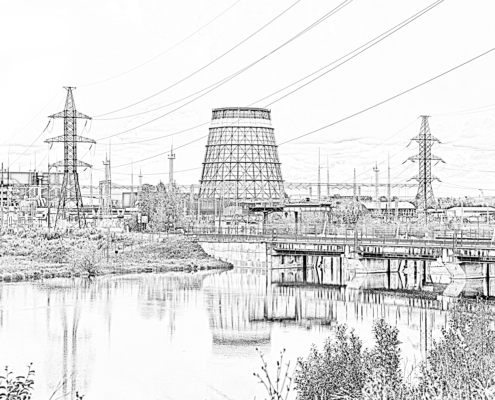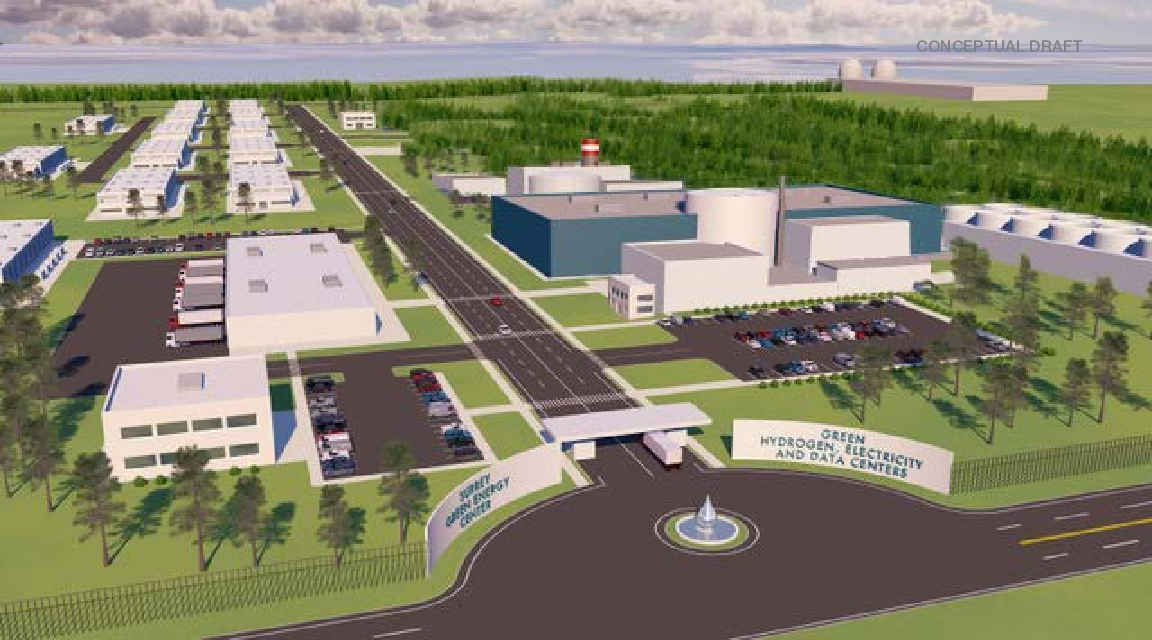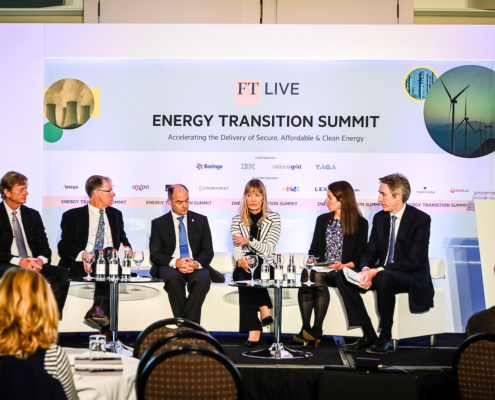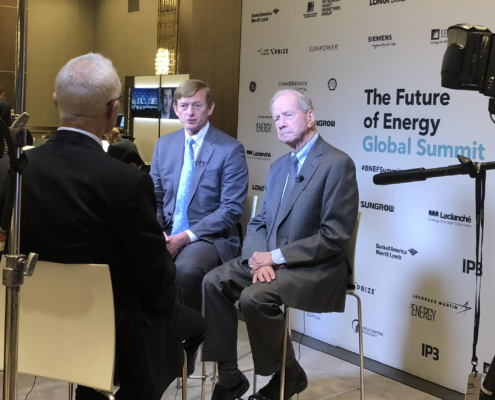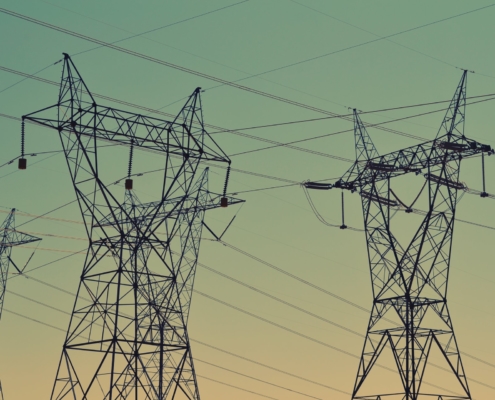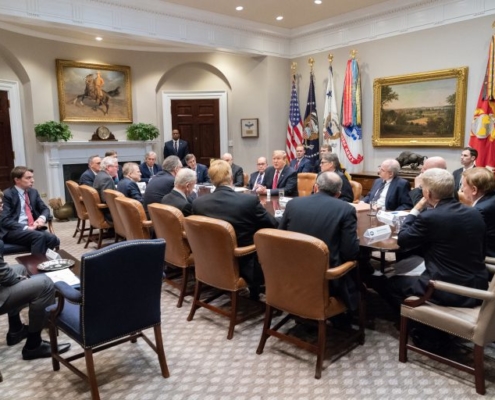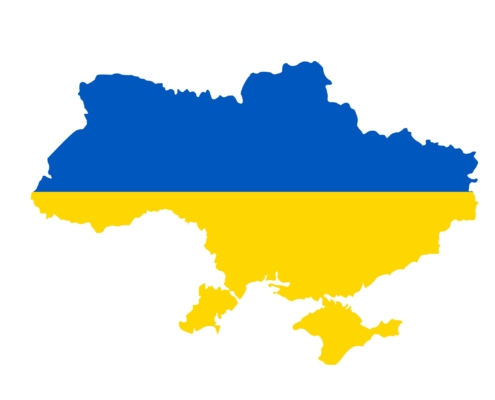 https://www.ip3international.com/wp-content/uploads/2023/10/UkrainemapAdobeStock_490179792.jpeg
1739
2408
Laura Hermann
https://ip3internation.wpengine.com/wp-content/uploads/2021/10/ip3-logo-1-300x170.png
Laura Hermann2023-10-23 13:19:132023-10-23 13:19:45Launch of the Collective Defense AI Fusion Center (CDAIC) in Ukraine
https://www.ip3international.com/wp-content/uploads/2023/10/UkrainemapAdobeStock_490179792.jpeg
1739
2408
Laura Hermann
https://ip3internation.wpengine.com/wp-content/uploads/2021/10/ip3-logo-1-300x170.png
Laura Hermann2023-10-23 13:19:132023-10-23 13:19:45Launch of the Collective Defense AI Fusion Center (CDAIC) in Ukraine7900 Tysons One Pl, McLean, VA 22102, USA
Privacy Policy | Terms & Conditions
Copyright © 2025 IP3 Corporation. All rights reserved.
EMAIL SIGNUP

